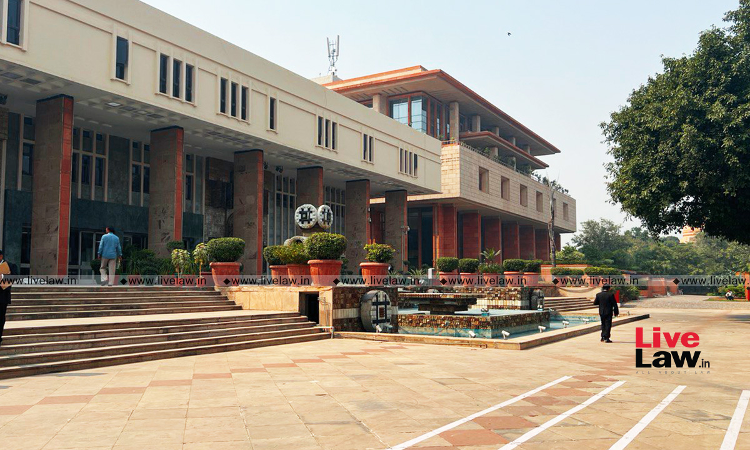The Delhi High Court has quashed the penalty against customs brokers on the grounds that knowledge is a necessary element for committing abetment. The bench of Justice Vibhu Bakhru and Justice Amit Mahajan has observed that knowledge of a wrongful act of omission or commission, which rendered the goods liable for confiscation under Section 111 of the Customs Act, is a necessary element for...

